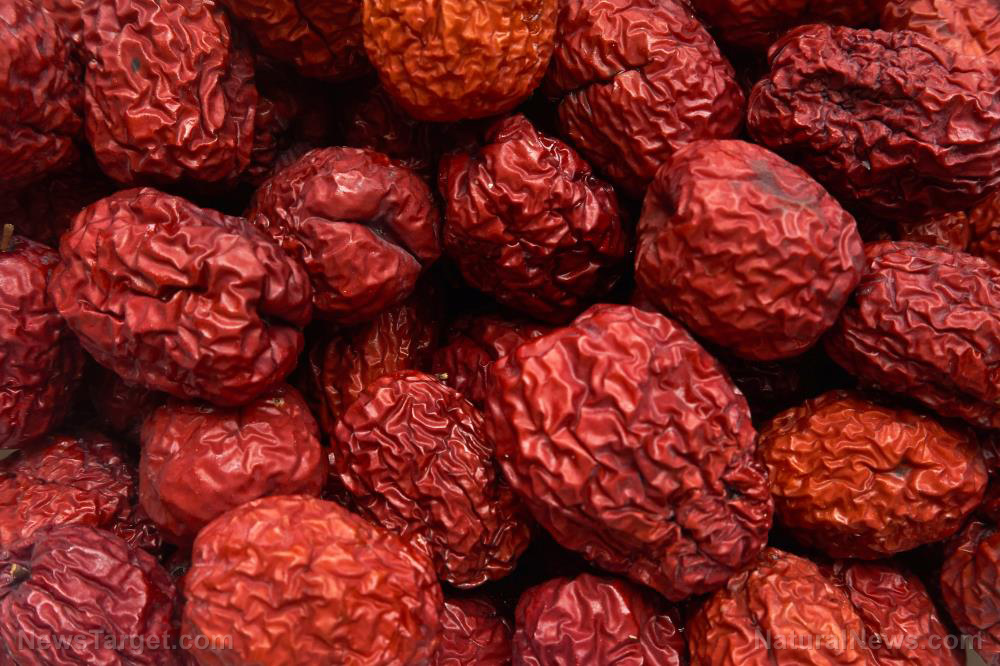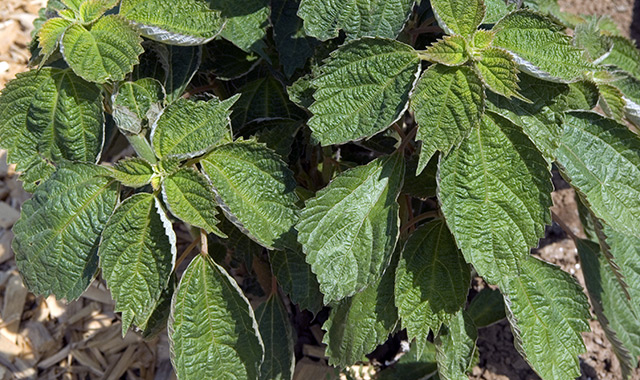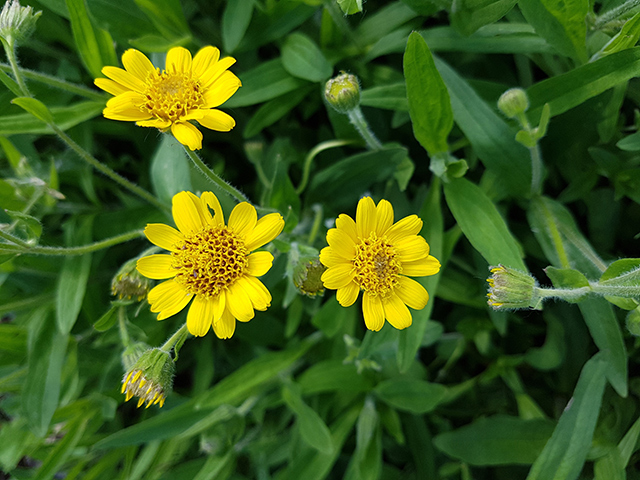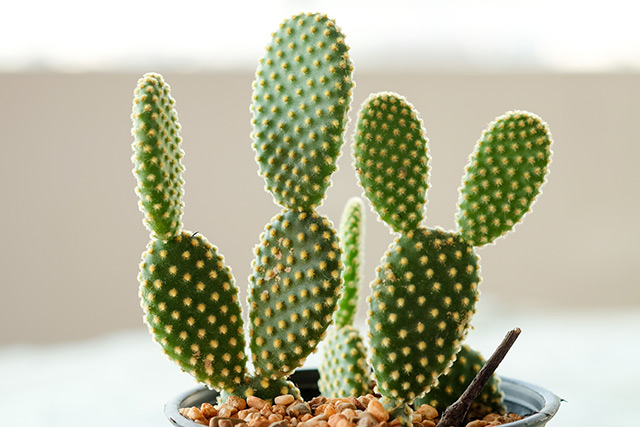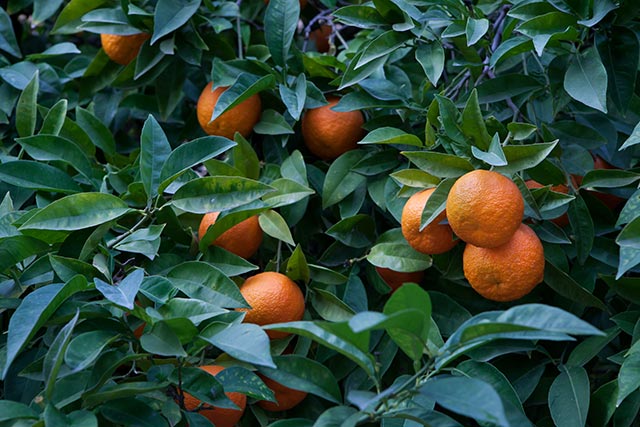Natural antifungal remedies that reduce candida overgrowth
01/05/2019 / By Ellaine Castillo

One of the most common types of yeast infections in humans is caused by the fungi Candida albicans. Normally, there are small populations of candida found in the mouth and intestines. It only becomes dangerous when there is candida overgrowth because these fungi can compete with beneficial microorganisms in the body.
If you suffer from candida overgrowth, you may experience symptoms like mood swings, leaky gut, brain fog, and depression, which can interfere with your daily life. Fortunately, this condition can easily be treated by making appropriate lifestyle changes such as following a cleansing diet and taking probiotics. Additionally, you can employ additional reinforcements in the form of natural antifungal remedies such as the following:
- Coconut oil — The different fatty acids found in coconut oil, which include lauric, capric, and caprylic acid, have antifungal properties that are effective against candida. Among these components, caprylic acid is considered to be the gold standard in natural candida treatment since it doesn’t just kill fungi, it also restores stomach acidity to prevent further infections. To enjoy the full benefits of coconut oil, it’s crucial that you start by eating a small amount of it and gradually work your way up to the recommended daily intake of five tablespoons. Otherwise, you might suffer from die-off reactions where toxic metabolites are released and build up inside the body.
- Grapefruit seed extract — Previous studies have shown that grapefruit seed extract works better than 30 different antibiotics and 18 fungicides. Aside from its antifungal properties, it also boosts the immune system and repairs damaged cells with the help of different bioflavonoids and antioxidants. Unfortunately, its effects tend to diminish over time since candida can adapt to this form of treatment. Because of this, it would be best if you use it along with other natural remedies.
- Oil of cloves — Like grapefruit seed extract, oil of cloves also can kill fungi and simultaneously enhance the immune system. These effects are attributed to the presence of eugenol, which is also responsible for the spicy flavor of cloves. This natural remedy is very easy to use. Just add 15 to 30 drops of the oil to warm water and drink this tea up to three times a day.
- Cinnamon — There are two types of cinnamon available on the market. These are cassia cinnamon and true cinnamon. Both of these contain the antifungal compound eugenol. However, studies have shown that true cinnamon has more potent antifungal properties than cassia cinnamon. One way through which you can enjoy the benefits of cinnamon is by boiling a few sticks in water for 30 minutes and letting it steep until its cool enough to drink.
- Garlic — Ajoene is a phytochemical found in garlic that is produced by two other constituents, namely allicin and allinase. It exhibits potent antifungal properties against 98.2 percent of yeasts, including candida. The recommended daily intake to achieve the maximum potential of ajoene is two to four cloves per day, which you can mince and eat directly. However, if you have a sensitive stomach, it would be best if you mix minced garlic with water and follow up with a tablespoon of coconut oil.
- Ginger — Nystatin is a commonly prescribed drug for candida overgrowth, which has been associated with side effects like diarrhea, nausea, stomach pain, and rashes. Fortunately, there are natural alternatives such as ginger that exhibit the same level of effectiveness as conventional drugs. This natural remedy works because it contains natural antifungal compounds, namely shogaols and gingerol.
By integrating these natural remedies into your diet, you can get rid of candida overgrowth in no time and you won’t have to worry about the health complications associated with this condition. (Related: Candida infections can cause a wide range of health conditions.)
Foods to avoid if you suffer from candida overgrowth
If you’re suffering from candida overgrowth, it’s not always enough that you use these natural remedies to get rid of the fungal infection. There are also certain foods that you should avoid since these can aggravate your condition. Some examples of these foods include the following:
- Sugar
- Fruits
- Grains
- Alcohol
- Dairy
For more articles about natural remedies for fungal infections, visit NaturalHealth.news.
Sources include:
Tagged Under: ajoene, Antifungal, bioflavonoids, candida, candida albicans, candida overgrowth, Caprylic acid, cinnamon, Cloves, coconut oil, eugenol, garlic, ginger, grapefruit seed extract, natural remedies, yeast, yeast infection

